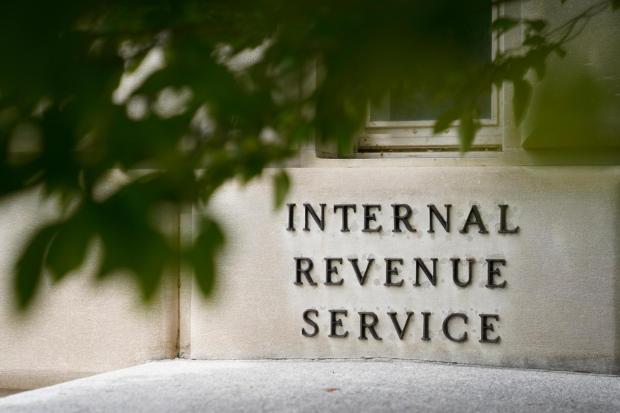Tax bills for Cook County property owners are likely to be delayed after a data snafu at the Cook County assessor’s office held up a key step in the property tax process, setting off another round of finger-pointing among property tax leaders.
The delay is the latest setback for county officials. Aside from tax bill delays during the pandemic, tax officials have been at odds or openly feuding for several years over the accuracy of assessments, the expense of tech upgrades and plain politics.
Assessor Fritz Kaegi’s office is blaming Tyler Technologies, the contractor in charge of updating the data systems across the county’s property tax offices, for the delay. Other property tax officials, however, say Kaegi is at fault for failing to prioritize this issue and missing a foundational step in the tax process.
“While we wish the Assessor had brought this issue to the Property Tax Reform Group, we are now in communication with the Assessor’s Office as they work through the anticipated delay,” Cook County Board President Toni Preckwinkle’s spokesperson, Nick Shields, told the Tribune in a statement. “With this issue now on the radar of the Property Tax Reform Group, we can collaborate to help ensure that tax bills go out as soon as possible.”
Property owners who pay their bills through their mortgage company or bank have little to worry about if the delays are minor, but late bills can be a stressor on taxing bodies like cities and school districts that rely on those tax revenues to manage their cash flow.
Tax data takes a winding road before it can make it on bills to be mailed out. One of the major steps is when the assessor sends preliminary figures down to the state’s Department of Revenue, which calculates a tentative and final “equalizer” to ensure property assessment is uniform around the state.
That first transfer of tentative data from the assessor typically happens in the winter, after the office takes its first and second pass at setting new values. The final numbers are typically sent in the spring, after appeals at the county’s Board of Review have wrapped up.
Last year, when bills were on time, IDOR announced the tentative results for Cook County on Feb. 8 and the final on May 20.
Even though Kaegi’s office finished its first round of assessments in December, it did not send that first batch of data until April 30, kicking off the Department of Revenue process about three months later than last year. The snag doesn’t necessarily mean bills will be three months late, but the final schedule is still unclear. Barring extraordinary luck, county officials expect the bills to be at least a month late.
Kaegi spokesperson Christian Belanger told the Tribune the office asked Tyler to develop the reports for IDOR last year, but the company missed an initial deadline in November, then another in January. The assessor changed the report to “High” priority on its list of projects with Tyler on Jan. 30, and met with the company “at least once a week” for progress updates, Belanger said.
In February, when the reports were ready for testing, they “had major defects each time,” Belanger said, forcing the assessor’s office to “create workarounds … rewrite the process for generating report data almost entirely from scratch” and put the reports together manually.
In a statement to the Tribune, Tyler’s media team said it “worked collaboratively with the Assessor’s office” to make tweaks after a February meeting with the IDOR. “The final report was mailed by the Assessor’s office to IDOR this morning.”
A state Department of Revenue spokesperson said it would not be possible to simultaneously process both the tentative and final reports.
In past years, the same report was generated on the county’s old mainframe system, which Tyler helped phase out. This year was the first time it was generated off the mainframe.




